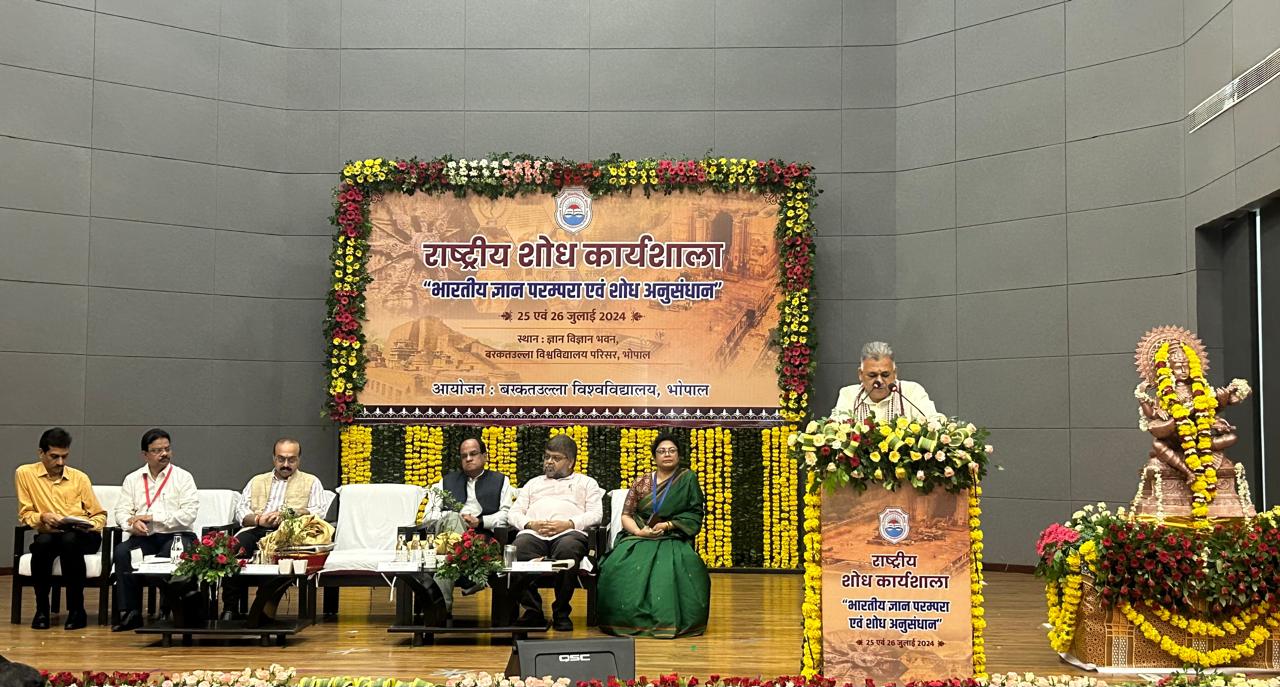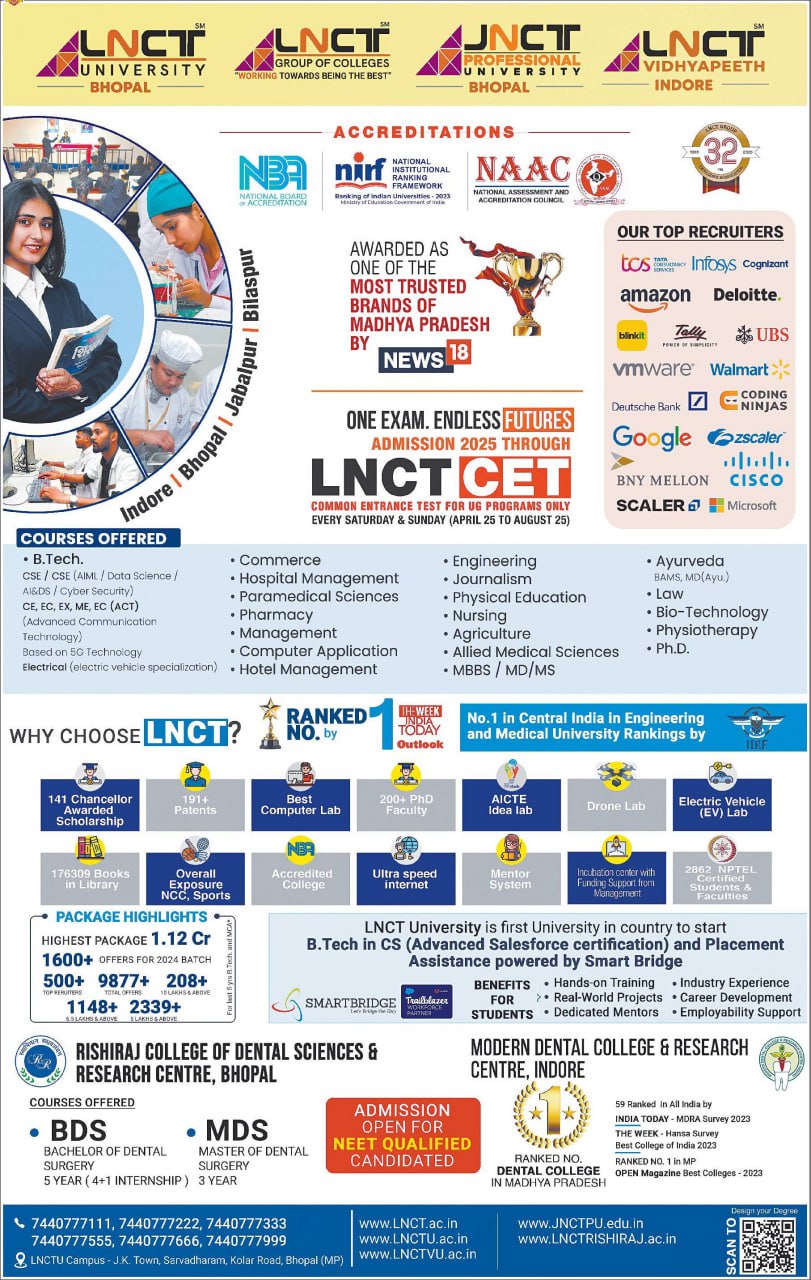CNN Central News & Network–ITDC India Epress/ITDC News Bhopal: The “Indian Knowledge Tradition and Research: Possibilities for Solving Current Global Issues” two-day national workshop was held at Barkatullah University, Bhopal on July 25-26, 2024. The event was inaugurated by Honorable Minister Inder Singh Parmar, Madhya Pradesh Government’s Department of Higher Education, Technical Education, and AYUSH, in the presence of the university’s Vice-Chancellor, Dr. Dilip Kumar Day. The workshop began with the lighting of lamps and Saraswati Vandana.
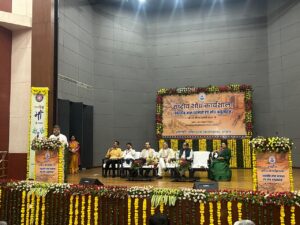
In her welcome address, Prof. Ruchi Ghosh Dastidar, the workshop’s nodal officer, highlighted the workshop’s importance and objectives. She drew an analogy between strong roots providing stability to large trees and Indian knowledge tradition providing strength to future generations. Minister Parmar emphasized that through Indian knowledge tradition and research, solutions to global issues can be found. Special guest Ashok Kadhel, Director of Madhya Pradesh Hindi Granth Academy, discussed the National Education Policy 2020’s focus on an Indian-centric education system that prepares students for global welfare.
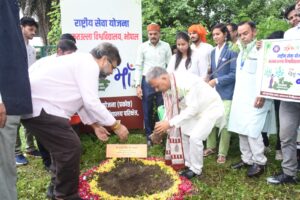
The first day included four sessions on significant aspects of Indian knowledge tradition and research. The keynote speaker, Padma Shri Dr. Kapil Tiwari, spoke about how India’s knowledge tradition remains relevant and timeless. Prof. V. K. Malhotra presented research on “Indian Knowledge Tradition and Research in Various Knowledge Fields.” Prof. Timir Tripathi and Prof. Ashish Pandey also shared their research papers on contributions of Indian knowledge tradition to science and knowledge concepts respectively.
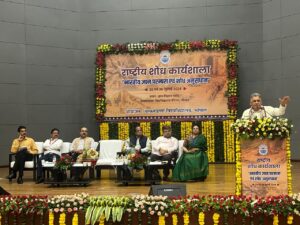
The second day of the workshop focused on developing e-content related to Indian knowledge tradition and research. Discussions included methods to familiarize students with Indian knowledge tradition, promote research at various academic levels, and make research results relevant to Indian society. Topics covered included identifying research areas in Indian knowledge tradition, creating reference lists, and discussing the book “Indian Research Tradition: Approaches and Methods.”
Participants included educators, researchers, central study board members, authors, e-content developers, and experts from various fields. The workshop aimed to foster a deeper understanding of Indian knowledge tradition and its application in contemporary research.

